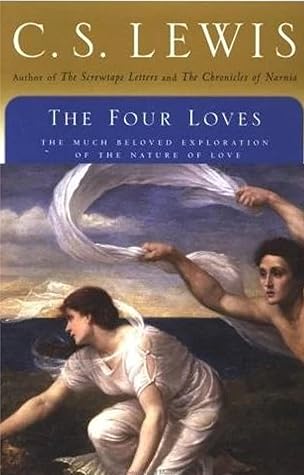More on this book
Community
Kindle Notes & Highlights
The human mind is generally far more eager to praise and dispraise than to describe and define.
How ambivalent patriotism is may be gauged by the fact that no two writers have expressed it more vigorously than Kipling and Chesterton. If it were one element two such men could not both have praised it. In reality it contains many ingredients, of which many different blends are possible.
Where the sentiment of patriotism has been destroyed this can be done only by presenting every international conflict in a purely ethical light. If people will spend neither sweat nor blood for “their country” they must be made to feel that they are spending them for justice, or civilisation, or humanity. This is a step down, not up. Patriotic sentiment did not of course need to disregard ethics. Good men needed to be convinced that their country’s cause was just; but it was still their country’s cause, not the cause of justice as such.
Affection, besides being a love itself, can enter into the other loves and colour them all through and become the very medium in which from day to day they operate.
The truly wide taste in reading is that which enables a man to find something for his needs on the sixpenny tray outside any secondhand bookshop. The truly wide taste in humanity will similarly find something to appreciate in the crosssection of humanity whom one has to meet every day. In my experience it is Affection that creates this taste, teaching us first to notice, then to endure, then to smile at, then to enjoy, and finally to appreciate, the people who “happen to be there”.
The conservative tenacity of Affection works both ways , It can be a domestic counterpart to that nationally suicidal type of education which keeps back the promising child because the idlers and dunces might be “hurt” if it were undemocratically moved into a higher class than themselves.
If we are any good we must always be working towards the moment at which our pupils are fit to become our critics and rivals. We should be delighted when it arrives, as the fencing master is delighted when his pupil can pink and disarm him. And many are. But not all.
The man who agrees with us that some question, little regarded by others, is of great importance, can be our Friend. He need not agree with us about the answer.
The Friends will still be doing something together, but something more inward, less widely shared and less easily defined; still hunters, but of some immaterial quarry; still collaborating, but in some work the world does not, or not yet, take account of; still travelling companions, but on a different kind of journey. Hence we picture lovers face to face but Friends side by side; their eyes look ahead.
Friendship is utterly free from Affection’s need to be needed. We are sorry that any gift or loan or night-watching should have been necessary - and now, for heaven’s sake, let us forget all about it and go back to the things we really want to do or talk of together. Even gratitude is no enrichment to this love. The stereotyped “Don’t mention it” here expresses what we really feel.
Friendship is unnecessary, like philosophy, like art, like the universe itself (for God did not need to create). It has no survival value; rather it is one of those things which give value to survival.
Without Eros sexual desire, like every other desire, is a fact about ourselves. Within Eros it is rather about the Beloved.


